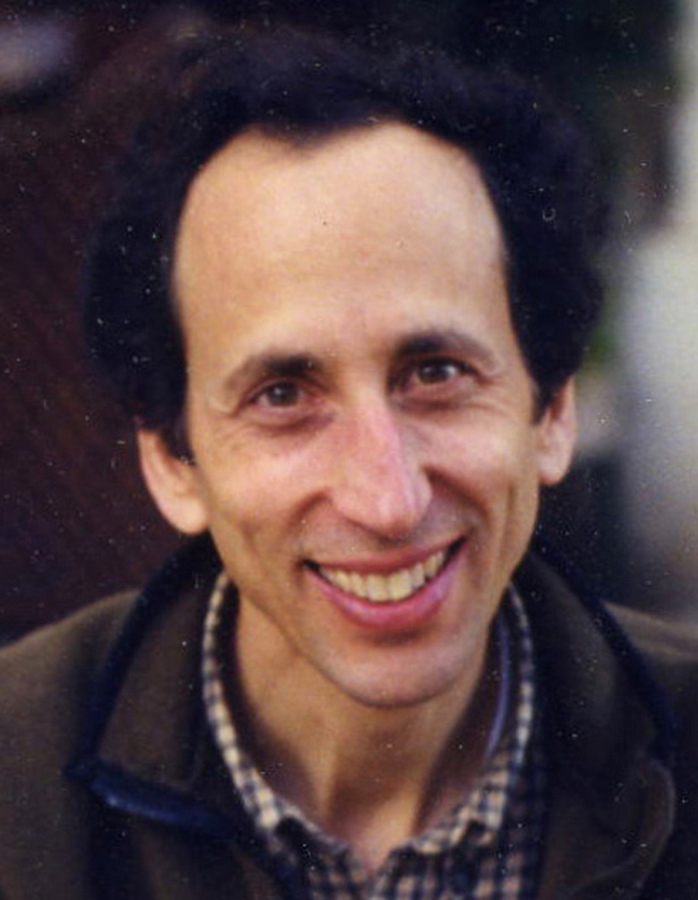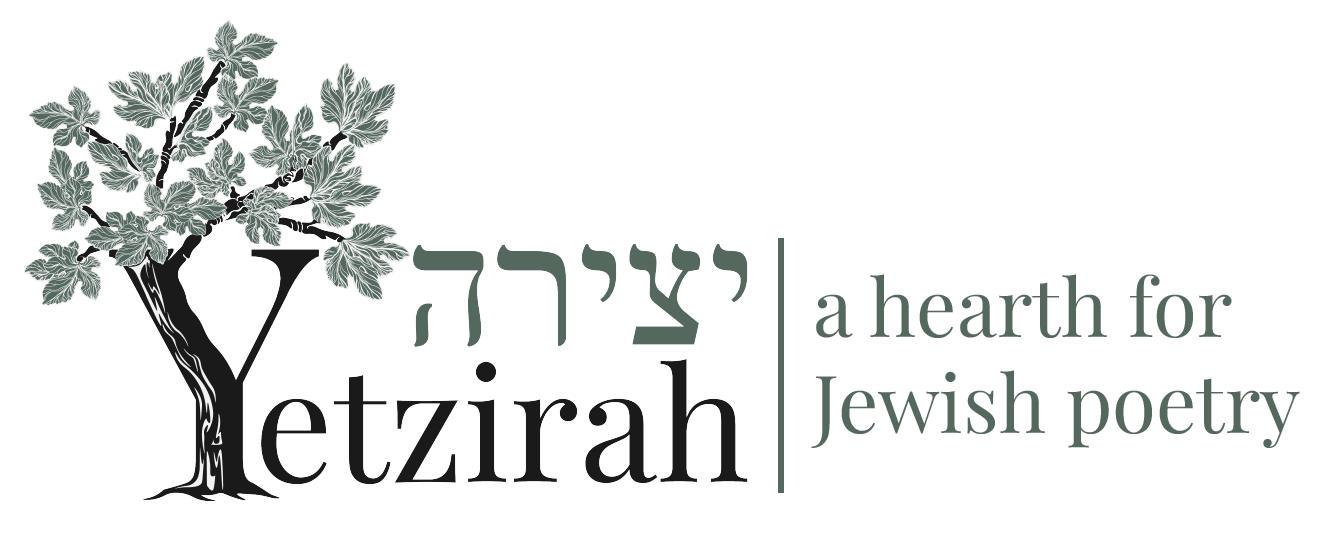
Rick Black
Current City, State, Country
Birth City, State, Country
Biography
Born in 1957, Rick Black studied at Franklin and Marshall College and New York University, where he earned a B.A. in Classical Literature and Studies. He later received a post-graduate scholarship to study Hebrew literature at the Hebrew University of Jerusalem.
From 1988-1991, he worked as a reporter in the Jerusalem bureau of The New York Times. After he returned to the U.S., Black won several international awards for his haiku poetry, including the James W. Hackett Award of The British Haiku Society, the Betty Drevniok Haiku Competition of Haiku Canada and others. He also was selected to be poet of the month for April 2012 by Cornell University’s Mann Library.
In 2004, Black began taking classes in bookmaking at the Center for Book Arts in NYC and founded Turtle Light Press, a small press that specializes in poetry and artist books. He was awarded one of eight emerging writer awards for an intensive Letterpress Printing Seminar. A miniature book class inspired him to make a dos-a-dos haiku collection, Peace and War: A Collection of Haiku From Israel, which Emmy award-wining poet Kwame Dawes has called “a prayer for peace.”
In 2007, Black dedicated himself for 10 years primarily to creating The Amichai Windows, a limited edition artist book of Yehuda Amichai poems that opens a window on love, war and being Jewish in the 20th century. In 2019, Black was named the Isaac Anolic Jewish Book Arts Award winner. His artist books have been collected by the Library of Congress, the Beinecke Rare Book and Manuscript Library, Columbia University, the New York Public Library, the U.S. Holocaust Memorial Museum, the University of Würzburg and others.
In 2013, Black’s free verse collection, Star of David, won the Poetica Magazine Award for Contemporary Jewish Writing and was named one of the best poetry books of the year by Split This Rock in Washington, D.C.
In 2024, Black returned to the haiku form in response to the October 7th terrorist attack and subsequent war in the Gaza Strip when he published Two Seasons in Israel: A Selection of Peace and War Haiku. Ori Soltes, poet and professor of Jewish Civilization at Georgetown University, said “Black’s haiku weave a tapestry of the unbearable beauty and brutality of everyday life in Israel.”
What is the relationship between Judaism and/or Jewish culture and your poetry?
I grew up in Bergenfield, N.J., a blue collar town in northern New Jersey. Our split-level home was located adjacent to a country club that didn’t allow Jewish members. I went to Hebrew school but could never understand why I was taught to pray in a language that I couldn’t understand.
On Sunday mornings, my grandfather came over from the bakery where he worked all night long. He brought fresh rye bread, Kaiser rolls, a pecan coffee ring with white icing or other sweets. Then he would settle down at the kitchen table and tell stories of his wandering across eastern Europe, an orphan in search of a home. During World War I, he fled from his shtetl in Poland when the Russian army arrived and forced him to dig trenches in the snow. After a stay in Vienna, where he worked in an electric light bulb factory, he got to Paris bought fake visas to Canada.
As both a poet and book artist, I feel compelled to explore my Jewish identity. I was captivated not only by my grandfather’s adventures, but also his sense of humor and irony. “God loves me—he sends even more tzuris to me.”
A career in journalism took me to Israel, where I became fluent in Hebrew and eventually worked in the Jerusalem bureau of The New York Times. I reported on the first Palestinian intifada, terrorist attacks and the 1990-1991 Persian Gulf war, when I had to carry a gas mask around everywhere.
I needed to grapple with what I had experienced of Jewish history—both in terms of my own growing up in America as well as the violence of life in Israel. When I came back to the States, I was given a book on haiku. Even though—or perhaps because—haiku poems are so brief, they allowed me to experiment with the interplay of images. They also led me to other poetic forms as a way to deal with suffering, whether my mother dying of cancer, the unintended shooting of a Palestinian boy or the explosion of a bomb at an outdoor marketplace.
Overall, poetic language is the only language that allows me to respond emotionally and intellectually to what I have experienced. It gives me a way to try to make sense of the world and my Jewish identity, and offers a small measure of solace. As Edmond Jabès has written in The Book of Questions, “The word is a voyage.” Poetry has taken me to unexpected lands and enabled me to explore various aspects of myself.
Published Works
Poetry
Two Seasons in Israel – A Selection of Peace and War Haiku (Turtle Light Press, 2024)
Star of David (Poetica Publishing Co., 2013)
Peace and War: A Collection of Haiku from Israel (Turtle Light Press, 2007)
Book Art
The Amichai Windows (Turtle Light Press, 2017)
Author Site
Links to Sample Works
Video Reading
Current Title
Education
New York University, B.A.
The Hebrew University of Jerusalem, Post Graduate Studies in Hebrew Literature
